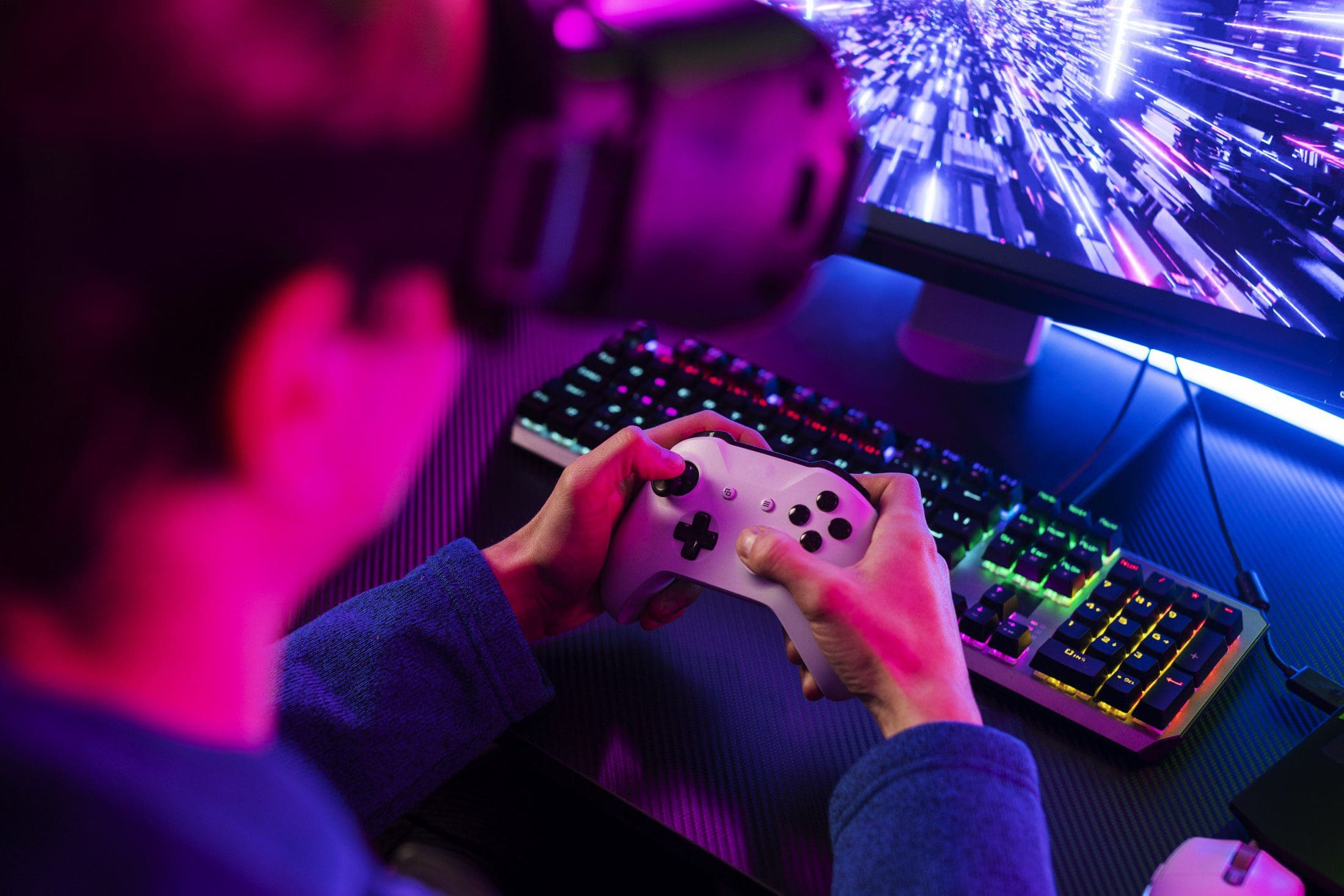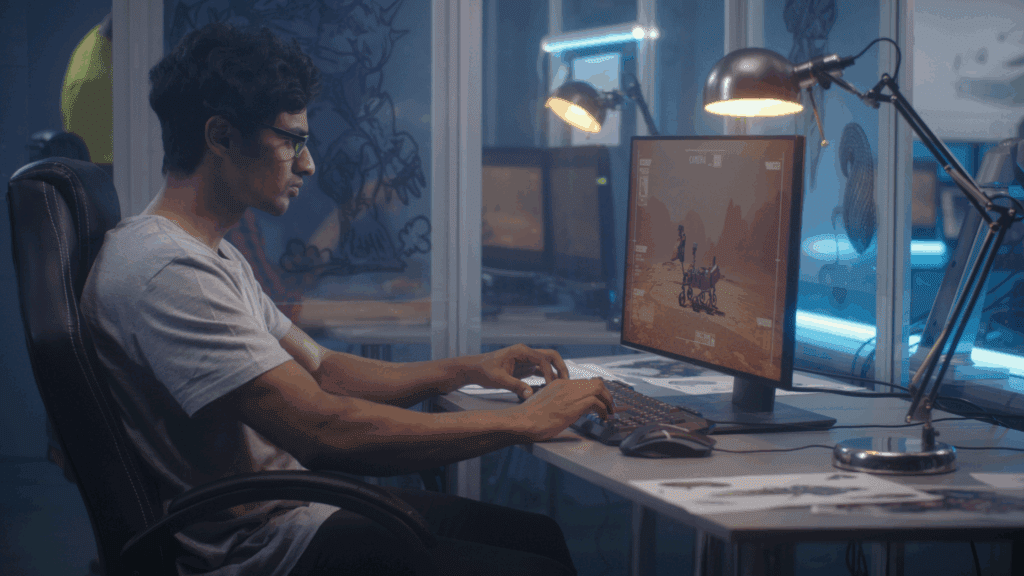


In recent months, a growing number of lawsuits have been filed against major video game companies, with serious claims that their products were intentionally designed to be addictive—especially for younger players. The rising interest in filing a Video Game addiction lawsuit highlights growing concerns about how gaming companies have impacted mental health, particularly among minors. These lawsuits are part of a broader legal push to hold video game developers accountable for the harmful impact excessive gaming has had on minors and young adults.
Here’s what’s happening, which games are involved, what families are claiming, and how the legal process could impact the gaming industry going forward.
What Are These Lawsuits About?
At the heart of these lawsuits is one main allegation: that certain video game developers used manipulative psychological techniques to encourage addiction in players, particularly children and teenagers. The lawsuits claim that the companies intentionally built features into their games to keep players engaged for long hours and coming back multiple times a day.
The legal filings argue that this was not accidental or harmless. Instead, they say it was a deliberate choice made to maximize profits, often at the expense of the mental health and well-being of young players.
Some of the techniques cited in court documents include:
- Variable reward systems: Players receive random rewards, which can trigger compulsive behavior (similar to slot machines).
- Daily login bonuses: Encouraging players to check in every day to receive rewards.
- Microtransactions: In-game purchases that tempt users to spend money repeatedly to stay competitive or unlock desirable features.
- Live-service mechanics: Games that never really “end,” encouraging ongoing play with regular updates and challenges.
Who Is Filing the Lawsuits?
The lawsuits are mostly being filed on behalf of individuals 22 years old or younger, including children and teens, many of whom are still in school. In many cases, parents or legal guardians are taking action on behalf of their children. These families say they’ve seen firsthand how excessive gaming led to severe issues in their lives, such as:
- Withdrawal from school or social activities
- Anxiety, depression, or mood swings
- Sleep problems
- Aggression or emotional outbursts
- Financial losses from in-game purchases
- A need for therapy, counseling, or medication
Some families claim they weren’t aware of the dangers until their child’s behavior had already changed dramatically. Now, they are seeking accountability, financial compensation, and potentially policy changes.
Which Video Games Are Being Sued?
Although many games are being scrutinized, several popular titles are being repeatedly named in current and emerging lawsuits. These include:
- Fortnite (Epic Games)
- Roblox (Roblox Corporation)
- Grand Theft Auto V (Rockstar Games)
- Call of Duty (Activision)
- Battlefield (Electronic Arts)
- Rainbow Six Siege (Ubisoft)
These games are known not only for their popularity but also for their complex reward systems, fast-paced multiplayer action, and in some cases, high-pressure competitive environments. All of them have in-game monetization systems, and many are free to download—making them highly accessible to younger audiences.
Recent Legal Developments (2024–2025)
One of the more publicized lawsuits was filed in California on behalf of a 13-year-old gamer who reportedly spent thousands of dollars on in-game purchases and experienced emotional distress. The suit targets companies including Roblox Corporation and Epic Games.
In Illinois, another case from 2023 continued into early 2025 and was recently ordered into arbitration. That lawsuit involved a mother who said her son’s excessive time spent gaming was causing mental health issues, and it named multiple titles including Fortnite and Roblox, as well as console makers like Sony.
Law firms working on these cases, such as those partnered with ClassAction.org, have started actively seeking more families who may want to participate. The legal teams are offering free consultations and handling the cases on a contingency-fee basis—meaning plaintiffs don’t pay unless they win or settle the case.
What Kind of Compensation Are Families Seeking?
Families involved in these lawsuits are seeking a variety of damages, including:
- Medical expenses: Therapy, psychological treatment, medication
- Reimbursement: For in-game purchases made by minors
- Emotional distress: Compensation for mental health impacts
- Educational disruption: For issues related to school performance
- Punitive damages: In cases where the court finds companies acted recklessly or irresponsibly
The goal is not just financial compensation but also increased awareness and accountability. Many parents hope these lawsuits will push video game developers to be more transparent and responsible in how they design games for young audiences.

The Broader Implications
These lawsuits are drawing comparisons to past legal battles involving industries like tobacco, alcohol, and social media. In each case, companies were accused of knowingly exposing users to potentially harmful experiences while downplaying the risks.
Health experts, too, have raised concerns. Studies show that compulsive video game use—also called “gaming disorder”—can affect brain chemistry, particularly in developing brains. The World Health Organization officially recognized gaming disorder as a mental health condition in 2019.
As more legal action unfolds, there’s growing pressure on lawmakers and regulators to introduce new rules that would:
- Require clearer warnings about addictive features
- Restrict in-game purchases for minors
- Ban or limit loot boxes and randomized rewards
- Set playtime limits or notification systems

What Can Families Do Right Now?
If you or someone you know has experienced problems related to video game addiction, there are a few things you can do:
- Consult a doctor or mental health professional: If addiction is suspected, early intervention matters.
- Talk to a legal professional: Many law firms are offering free consultations to determine if you qualify for a case.
- Monitor in-game purchases: Make sure safeguards are in place, especially for children.
- Educate your child: Help them understand the tactics used in games to keep them playing.
The current wave of video game developer lawsuits is not just about seeking financial compensation—it’s also about changing the way games are designed and marketed. As the legal system responds, companies may need to rethink how they build and promote their products, especially to kids and teens.
For now, these lawsuits are still ongoing, but they may shape the future of gaming in profound ways.
If you’re interested in learning whether your situation qualifies for legal action, you can fill out an online form or call a law firm handling these cases. In most situations, you won’t pay anything unless a settlement or court win is achieved.
Free Confidential Case Evaluation
Complete the short form below to get an immediate FREE case review with an expert in your specific claim. Don't wait, your case could be time sensitive to file a claim.
Related Posts
Did a North Dakota product cause harm? Understand product liability, your rights, and how to take action for defects.
Get justice for clergy abuse. Find an expert Priest abuse lawyer to navigate complex laws and hold institutions accountable.
Diagnosed with meningioma after Depo-Provera? Understand potential Depo-Provera lawsuit settlements, risks, & how to claim compensation.
Uncover the truth about uber sexual assault cases. Learn about the alarming scale, Uber's accountability, and legal options for justice.
Facing wildfire losses? Discover the best wildfire lawsuit attorneys in California to fight for your full recovery and justice.
Exposed to Roundup & diagnosed with NHL? Discover how to sue Monsanto, understand eligibility, & seek compensation. Your guide to justice.





